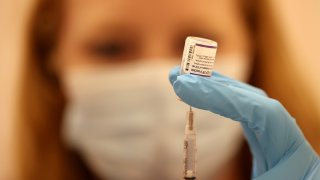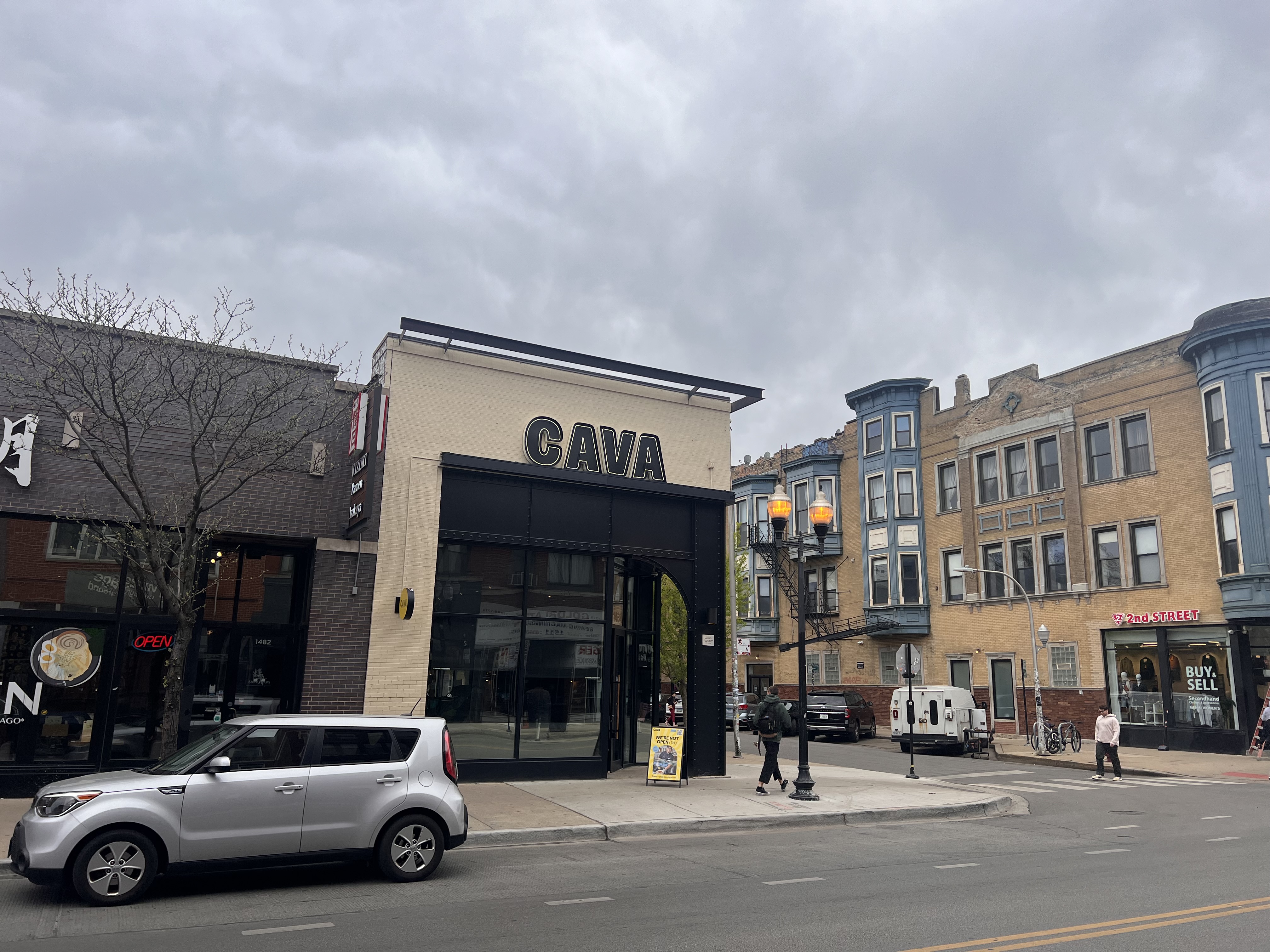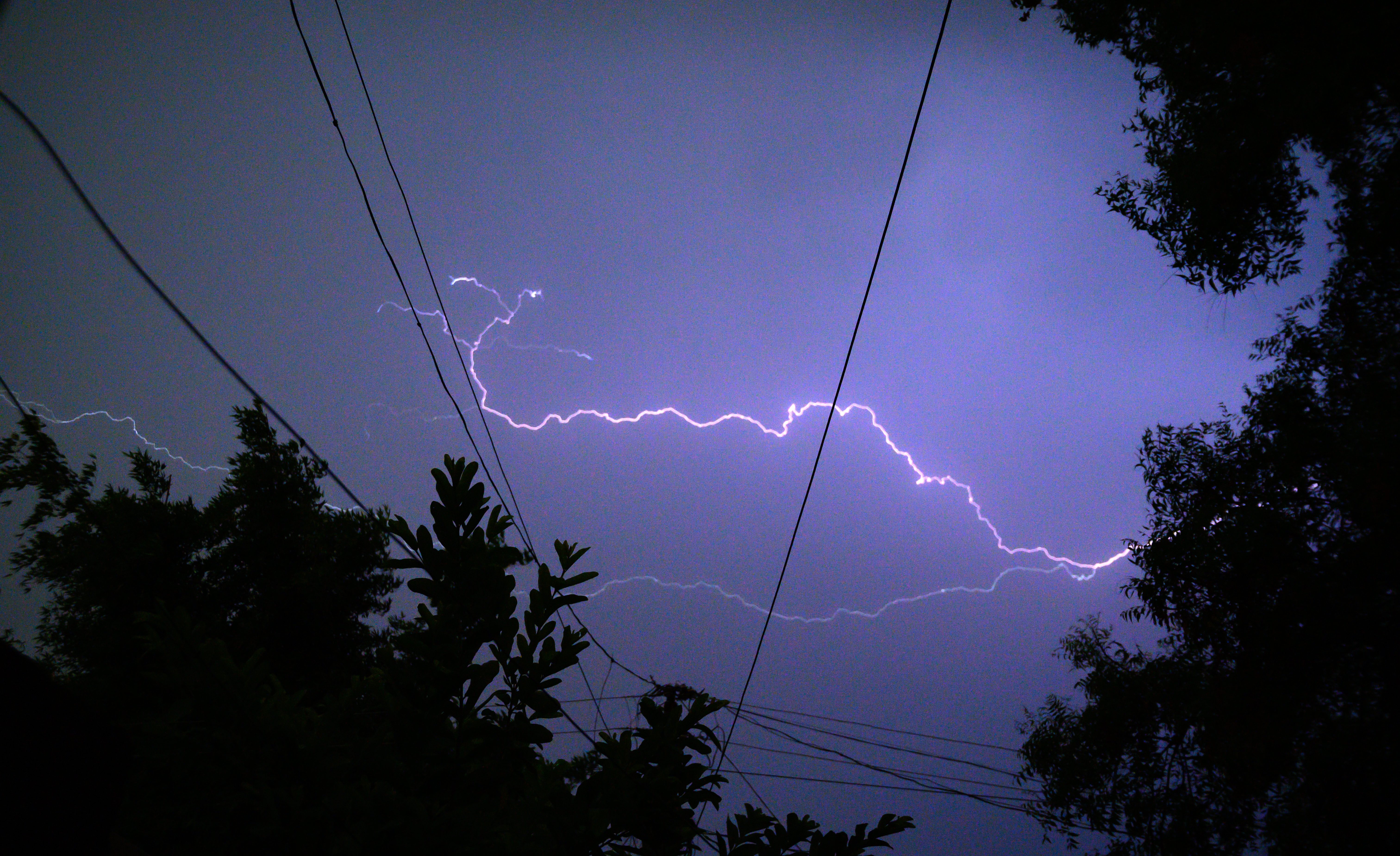
The Centers for Disease Control and Prevention has long touted the success of COVID-19 booster shots in decreasing the risk of severe illness, encouraging those eligible to get boosted as soon as possible.
As two new omicron subvariants, said to be the fastest spreading strains yet, circulate around the globe, health officials widely argue receiving a booster shot is a crucial part of reducing infection risk and curbing the pandemic.
While vaccines themselves are meant to prevent severe hospitalizations and deaths, protection wanes over time, making boosters necessary, even for those who are fully vaccinated.
Booster shots are available for all three major vaccines in the U.S., with doses recommended at either two or five months after initial vaccination, depending on which shot you received.
Feeling out of the loop? We'll catch you up on the Chicago news you need to know. Sign up for the weekly Chicago Catch-Up newsletter here.
To increase the protection of vulnerable populations, second booster shots are recommended for certain individuals, including people age 50 and older.
For those who have yet to get boosted, people considering a second dose and parents planning to get their children boosted, there may be some lingering questions.
For instance, how long does a booster shot take to work? And when is it fully effective?
Local
Almost immediately after the shot is given, the body's immune response kicks in, according to a question-and-answer page on the Alaska Department of Health and Social Services website.
However, achieving full protection doesn't happen for a little while.
Studies have shown high effectiveness in one or two weeks after receiving a booster, according to the British Heart Foundation.
According to Pfizer, through a trial, its booster was found to be extremely effective at preventing illness from seven days onward.
Several studies have shown that vaccine immunity starts to wane over time, and specifically the omicron variant partially evades some protection from two doses.
As the omicron surge swept the nation in December and January, the CDC examined the durability of booster protection by assessing the performance of such shots. A report, published by the CDC in February, found a decline in boosters' effectiveness against severe illness, however noted the shots still offered strong protection.
The CDC looked at patient visits to hospitals and urgent care centers in 10 states, and of those in the study, only about 10% were boosted.
Researchers found that during the time that the omicron variant was predominant, vaccine effectiveness against outpatient visits was 87% in people who had gotten a booster two months earlier, but to 66% at four months after. Vaccine effectiveness against hospitalization fell from 91% at two months to 78% by the fourth month. Those results, however, were based on only a small number of patients — fewer than 200 — who had been boosted four months earlier at the time of the omicron wave.



